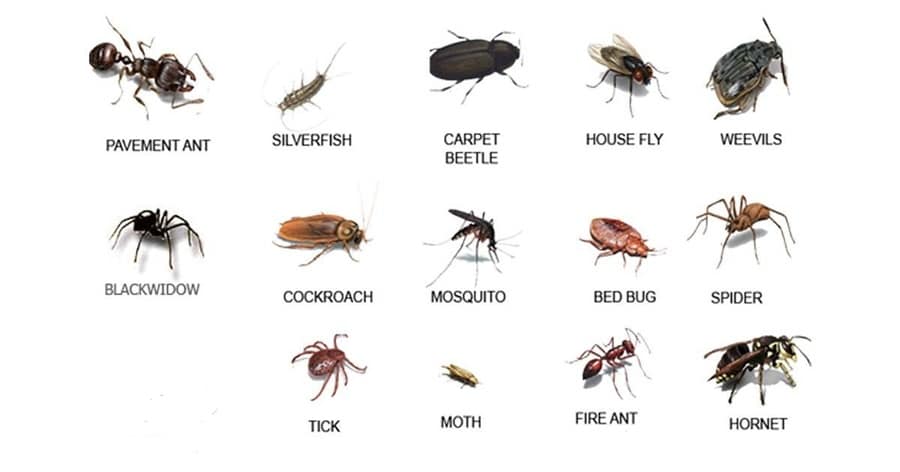Pests are a common problem that can wreak havoc in gardens and homes. From aphids munching on your roses to ants invading your kitchen, pests can be more than just a nuisance; they can be a real threat to your property and well-being. Traditional pest control methods often involve chemical pesticides, which come with problems, including potential environmental harm and health risks to humans and pets. This article aims to provide a comprehensive guide on the best organic methods for pest control, offering a safer and more sustainable alternative.
Contents
Why Organic Pest Control?

Environmental Benefits
Organic pest control methods are designed to be less harmful to the environment. Unlike chemical pesticides, which can contaminate soil and water sources, organic methods are biodegradable and less likely to contribute to pollution. This is crucial for maintaining the health of ecosystems, as chemical pesticides can harm non-target plants and animals, disrupting the balance of nature.
Health Benefits
In addition to being environmentally friendly, organic pest control methods are generally safer for humans and pets. Chemical pesticides can lead to various health issues, including skin irritation, respiratory problems, and long-term conditions like cancer. Organic methods, on the other hand, use natural ingredients that are less likely to cause harm, making them a preferable option for those concerned about health.
Types of Organic Pest Control
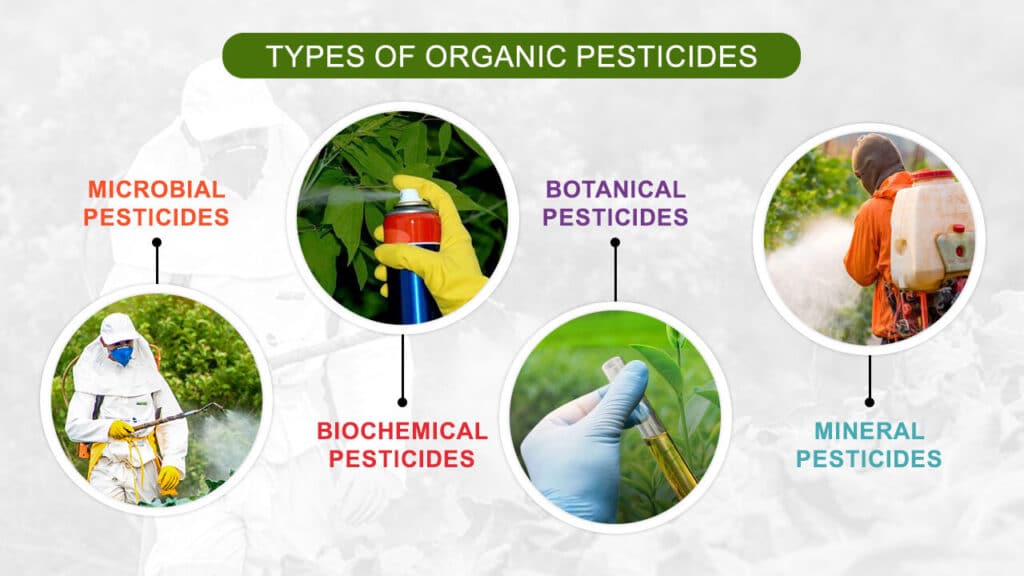
Biological Control
Biological control involves using natural predators or parasites to manage pest populations. For example, ladybugs can be introduced into gardens to control aphid populations, as they are natural predators of these pests. Similarly, nematodes can target and eliminate soil-dwelling pests like grubs and weevils. This method is effective and works in harmony with nature, enhancing biodiversity.
Mechanical Control
Mechanical control refers to using physical barriers or traps to manage pests. For instance, fly swatters, mouse traps, and insect nets are all examples of mechanical control. Another effective method is using copper tape around the base of plants, which acts as a natural barrier against slugs and snails. These methods are straightforward to implement and do not involve using chemicals, making them safe for the environment and humans.
Cultural Control
Cultural control involves changing the environment or practices to make it less hospitable for pests. This can include practices like crop rotation, which disrupts the life cycle of soil-borne pests, or proper sanitation to eliminate breeding grounds for pests like flies and rodents. Another example is companion planting, where certain plants are grown together to deter pests naturally. For instance, planting basil next to tomatoes can help repel tomato hornworms.
Popular Organic Pest Control Products
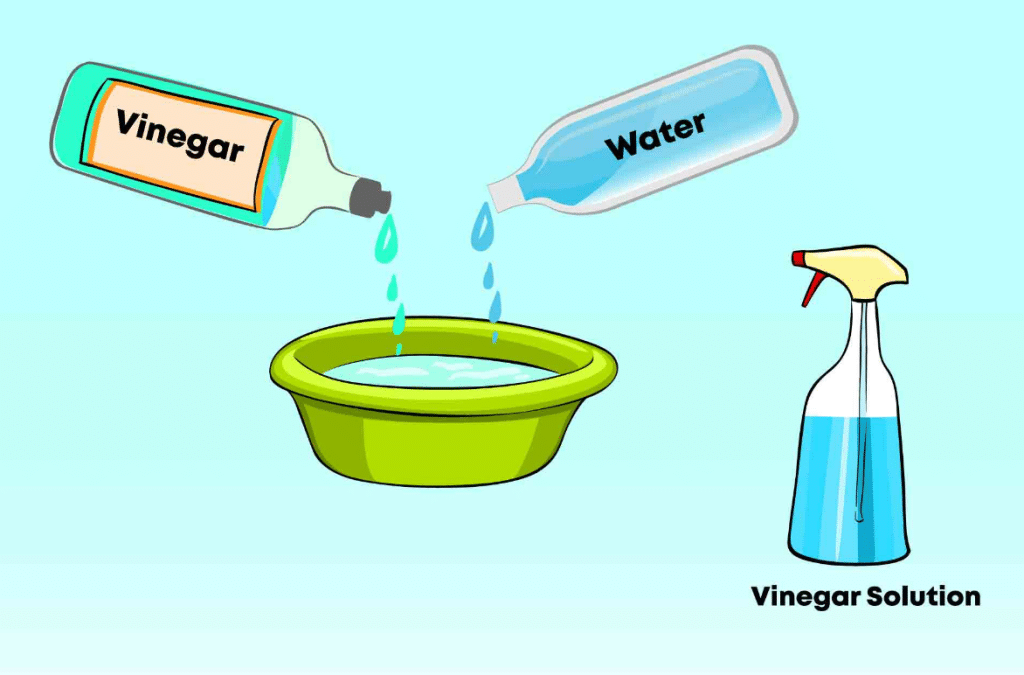
Neem Oil
Neem oil is a versatile and effective organic pest control product. Extracted from the seeds of the neem tree, this oil acts as an insect repellent and interferes with the life cycle of pests, making it difficult for them to grow and reproduce. It is effective against various pests, including aphids, mites, and whiteflies, and is safe for indoor and outdoor plants.
Diatomaceous Earth
Diatomaceous earth is a naturally occurring, soft, siliceous sedimentary rock that easily crumbles into a fine white powder. It dehydrates insects upon contact, effectively killing them without harmful chemicals. It is particularly effective against crawling insects like ants and cockroaches and can be safely used in areas where pets and children frequent.
Insecticidal Soaps
Insecticidal soaps are another popular choice for organic pest control. These soaps contain fatty acids that break down the outer shell of insects, leading to dehydration and death. They are effective against various soft-bodied insects like aphids and spider mites. However, they are less effective against hard-shelled or winged insects. Applying insecticidal soaps directly to the pests is important, as they only work upon contact.
Vinegar Solutions
Vinegar is a household staple that can also be an effective organic pest control agent. A simple vinegar and water solution can be sprayed on surfaces to deter ants and other crawling insects. A stronger concentration can be used for garden pests, but care should be taken to avoid contact with plants, as vinegar can also harm them.
DIY Organic Pest Control Solutions
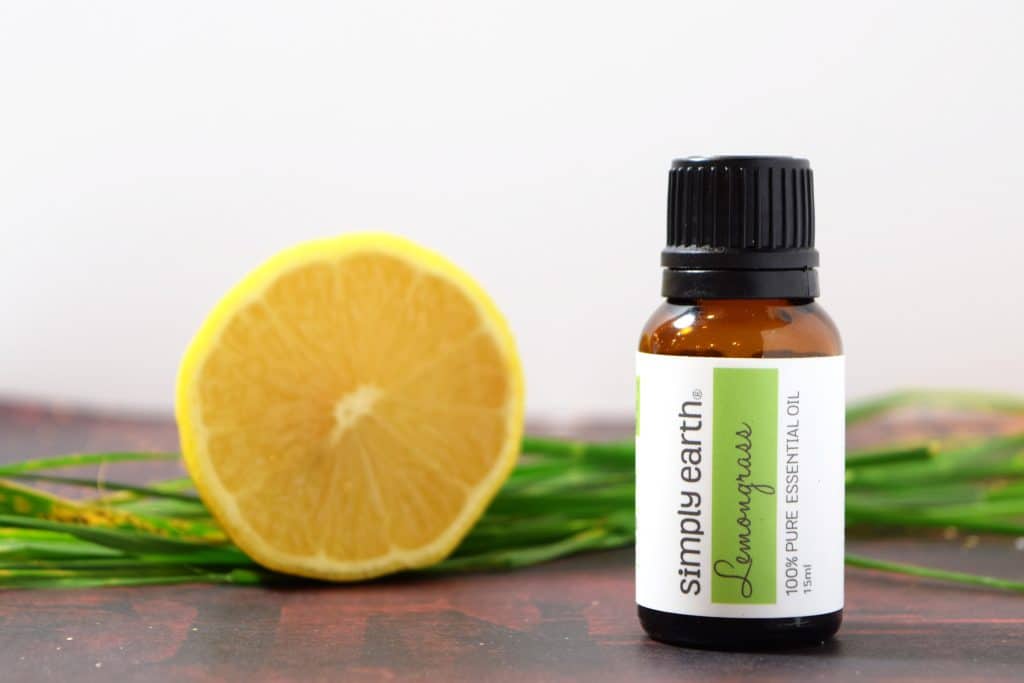
Vinegar Solutions
Vinegar is a household staple that can also be an effective organic pest control agent. A simple vinegar and water solution can be sprayed on surfaces to deter ants and other crawling insects. A stronger concentration can be used for garden pests, but care should be taken to avoid contact with plants, as vinegar can also harm them.
Essential Oils
Essential oils like peppermint, lavender, and citronella have natural insect-repelling properties. These oils can be diluted with water and sprayed where pests are commonly found. Not only do they repel pests, but they also leave a pleasant aroma. However, it’s important to reapply these solutions regularly for continued effectiveness.
Organic Pest Control for Specific Pests
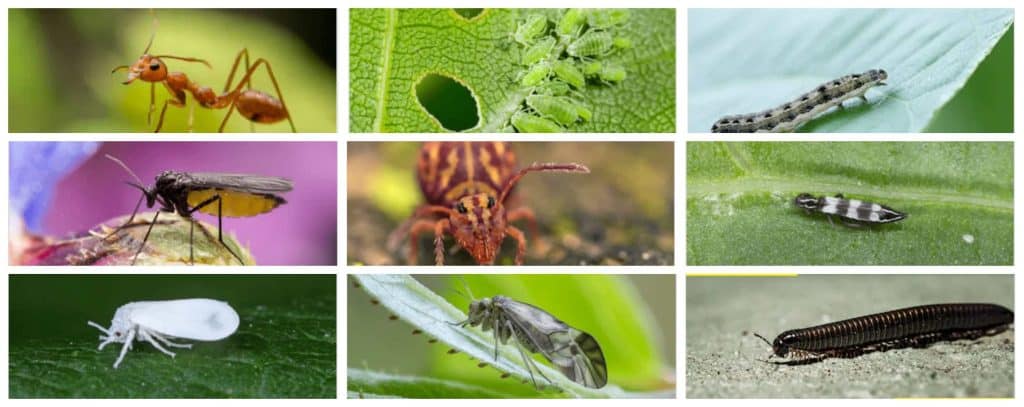
Aphids
Aphids are a common garden pest that can cause significant damage to plants. Organic methods effective against aphids include using insecticidal soaps and the introduction of natural predators like ladybugs. Another effective method is spraying a mixture of water and a few drops of dish soap directly onto the aphids, which suffocates them without harming the plant.
Ants
Ants can be a nuisance both indoors and outdoors. Organic solutions for ant control include diatomaceous earth, which can be sprinkled around entry points to deter ants. Another effective method is to use a mixture of borax and sugar to create a homemade ant bait. The sugar attracts the ants, while the borax eliminates them.
Slugs and Snails
Slugs and snails can wreak havoc in gardens, munching away at plants. Natural repellents like crushed eggshells can create a barrier around plants. Copper tape is another effective barrier method, as slugs and snails are deterred by the micro-electrical charge it emits.
Precautions and Best Practices
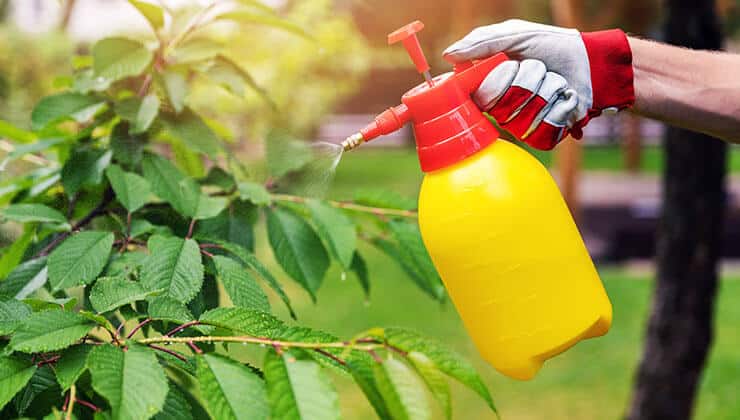
Proper Application
While organic pest control methods are generally safer, following guidelines for effective results is still important. For example, even natural substances like neem oil can harm beneficial insects if not applied correctly. Always read and follow the instructions on any product or method you choose.
Safety Measures
Even though organic methods are less harmful, some safety precautions should still be taken. For instance, even natural substances can irritate the eyes or skin. Always wear gloves and other protective gear when applying solutions, and keep pets and children away from treated areas until it’s safe.
Cost-Effectiveness of Organic Pest Control
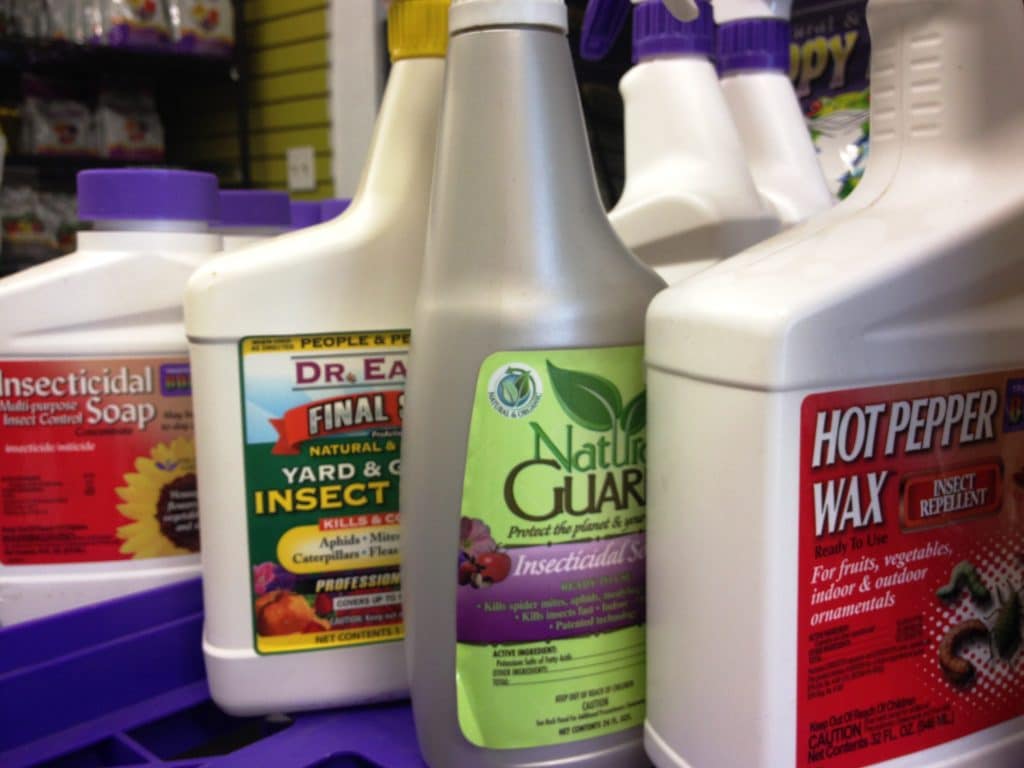
Initial Costs vs Long-term Benefits
Organic pest control methods may sometimes have a higher initial cost than chemical alternatives. However, they often prove to be cost-effective in the long run. For instance, introducing natural predators into your garden is a one-time cost that provides long-term benefits, reducing the need for ongoing treatments.
Availability
With the growing awareness of the benefits of organic methods, these products are becoming increasingly available and affordable. Many garden centers and online retailers now offer a wide range of organic pest control products, making it easier than ever to choose a sustainable option.
The Bottom Line
In summary, organic pest control offers a range of benefits over traditional chemical methods, including being safer for both the environment and humans. From biological and mechanical methods to DIY solutions, there are numerous ways to tackle pest problems without resorting to harmful chemicals. While some organic methods may require an initial investment, they often prove cost-effective in the long run. With increasing availability and growing evidence supporting their effectiveness, there’s never been a better time to switch to organic pest control. So why not try and contribute to a healthier, more sustainable world?

